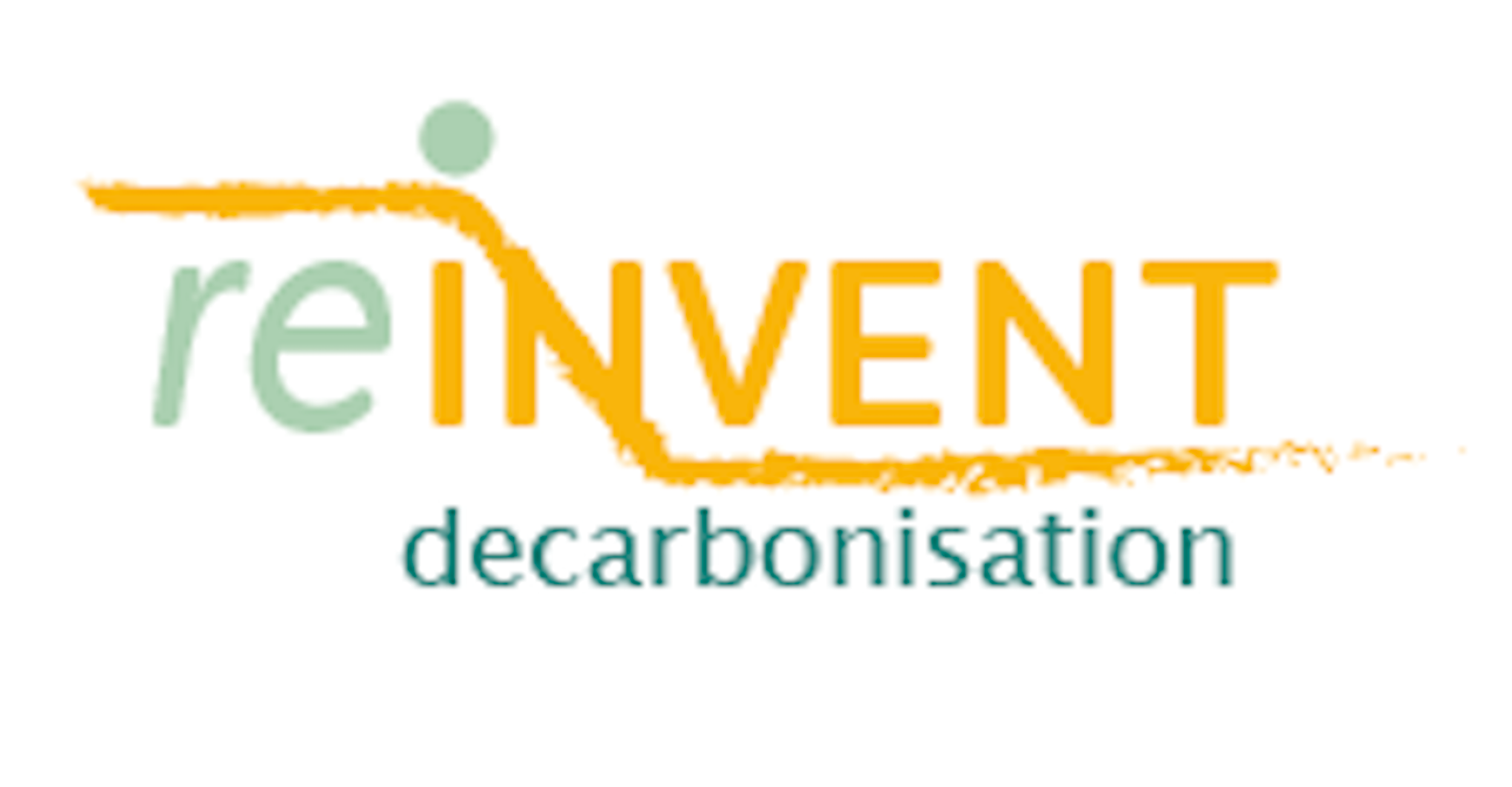We are a European research team analysing decarbonisation in four industrial sectors: meat/dairy, paper, plastic and steel. Through an interdisciplinary approach we are studying the entire value chains of these sectors to understand the emissions and the possibilities of transition.
REINVENT has now finished. You can get an overview of our results by exploring the Insights from REINVENT and reading the Press Release.
Insights from REINVENT
Press Release
REINVENT decarbonisation – four years of research by five leading European institutions shows that reaching zero emissions is both necessary and possible. For this to happen, innovations need to be embedded into economies and societies.
The global pandemic is a key challenge for societies across the world, reshaping how we live, work, and organise. Climate emergency, however, is as pertinent as ever, and was also marked by troubling events and new records this year. The economic stimulus provided in response to the pandemic now gives an opportunity to accelerate the decarbonisation of society through green recovery plans aimed at reaching net zero emissions. The pandemic has also made visible the malleability of modern lifestyles and economies, lessons from which can be important for making decarbonisation a reality.
REINVENT focused on some of the highest emitting sectors – plastics, pulp & paper, steel, and food – which have not received much attention so far. We researched their whole value chains, also paying attention to such important aspects as consumption, finance, the possibility of new cross-sectoral collaboration, how we can imagine our zero-carbon future, and the pathways for getting there.
The results show the need for broad and sequential strategies including changes in consumption, improved materials efficiency, and electrification of primary materials production. The project has identified a need for industry actors to adopt and enforce targets across its supply chains that are in line with the Paris Agreement, for policymakers to require design for materials efficiency and circularity throughout value chains, and for researchers to scrutinise a larger ensemble of decarbonisation scenarios, including technological and non-technological solutions. More key findings from REINVENT are summarised in this results brief.
Sectors
For Europe to achieve its long-term climate objectives carbon-intensive industries have to reduce their emissions. While transport and energy sectors have received substantial attention in research, this is not the case for the so-called basic industries – meat/dairy, paper, plastic and steel. These are key to our daily lives and yet they are extremely carbon-reliant and hence in need of deep decarbonisation.
Participants
REINVENT is funded by EU's Horizon 2020 Research and Innovation Programme and includes Lund University (Sweden), Durham University (United Kingdom), Wuppertal Institute (Germany), PBL Netherlands Environmental Assessment Agency (the Netherlands) and Utrecht University (the Netherlands).
contact
Lars J Nilsson (Project Coordinator)
Phone: +46 222 46 83; Email: lars_j.nilsson@miljo.lth.se
Address: Environmental and Energy Systems Studies, LTH, Lund University, P.O. Box 118, SE-221 00 LUND, Sweden
events
The calendar displays the events REINVENT team is organising or involved in.









